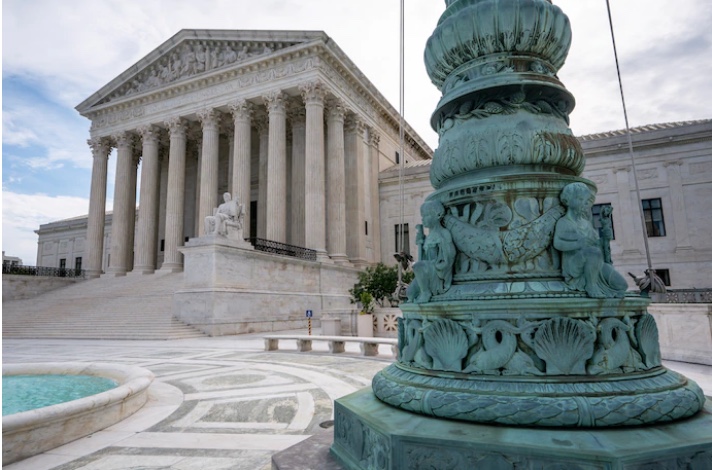Well, that didn’t take long.
Only days after surprising the nation by striking down a strict anti-abortion law in Louisiana, the Supreme Court under Chief Justice John Roberts reminded Americans once again that it is no friend to reproductive rights, or to the vast majority of women who will use some form of birth control in their lifetime.
In a decision Wednesday, the justices dealt another blow to the birth control mandate under the Affordable Care Act. In the wake of the 7-to-2 ruling in Little Sisters of the Poor v. Pennsylvania, “between 70,500 and 126,400 women would immediately lose access to no-cost contraceptive services,” Justice Ruth Bader Ginsburg noted in her dissent, citing a government estimate.
The Little Sisters of the Poor is an order of Catholic nuns who are religiously opposed to birth control. (Many conservatives wrongly conflate some methods of birth control with abortion.) They’re also opposed to the A.C.A.’s birth-control mandate, which says that insurance plans sponsored by large employers must include preventive care — including all forms of birth control approved by the Food and Drug Administration — at no additional cost. That’s why, if women have insurance through work, they probably have not been charged a co-pay to get birth control pills or an intrauterine device in recent years.
The order of nuns — along with other entities, like the company Hobby Lobby, that have taken issue with the contraception mandate — say that it violates their religious liberty under the Religious Freedom Restoration Act, a 1993 federal law. The religious order feels this way despite the fact that religious nonprofits already were able to exempt themselves from the contraception mandate by merely filling out a form. In other words, the Little Sisters of the Poor did not have to pay for a single birth control pill.
Read full article




